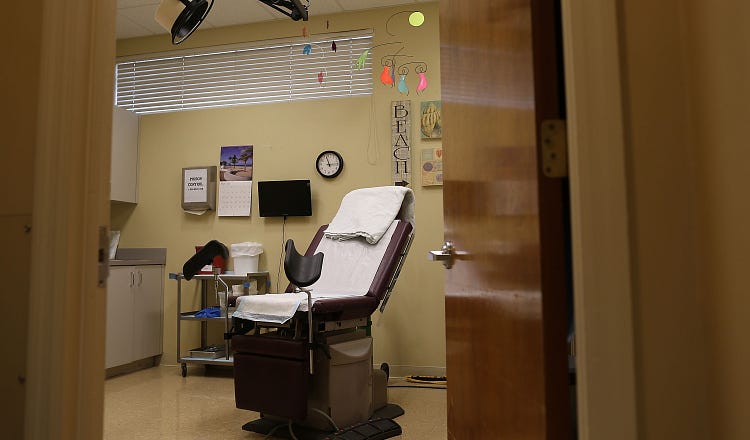The Women Who Have Choices. And Those Who Do Not.

(Joe Raedle/Getty Images)
Two 27-year-olds living in two realities in one America.
743
It’s hard to think of a subject that stokes more passion than abortion. And like so much in our culture, it is the people on the extremes who hog the megaphones. So on this issue, as with so many others—guns leap to mind—those in the middle, those with nuanced views about this morally fraught subject, keep quiet.
I’ve come to think of that broad middle—…
Start Your Free Trial to Unlock This Story
Support our journalism and unlock all of our investigative stories and provocative commentary about the world as it actually is. Get your first 7 days free.
$8.33/month
Billed as $100 yearly
$10/month
Billed as $10 monthly
Already have an account?
Sign In

